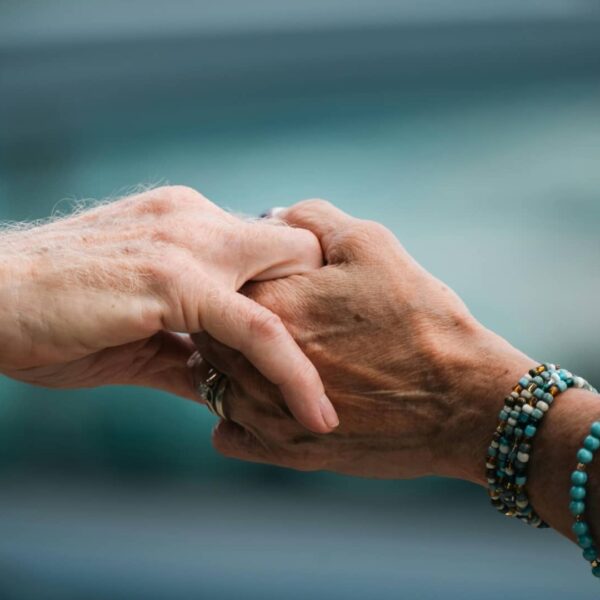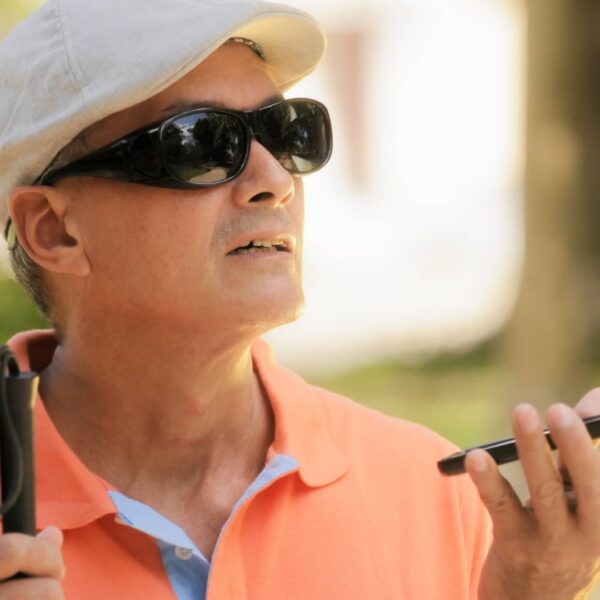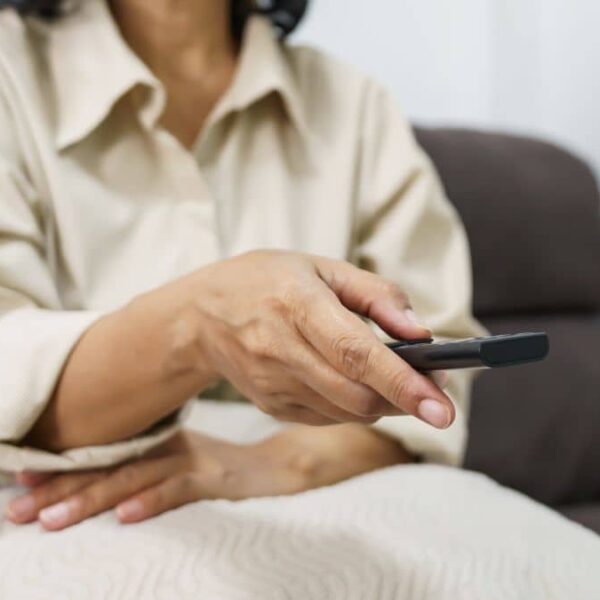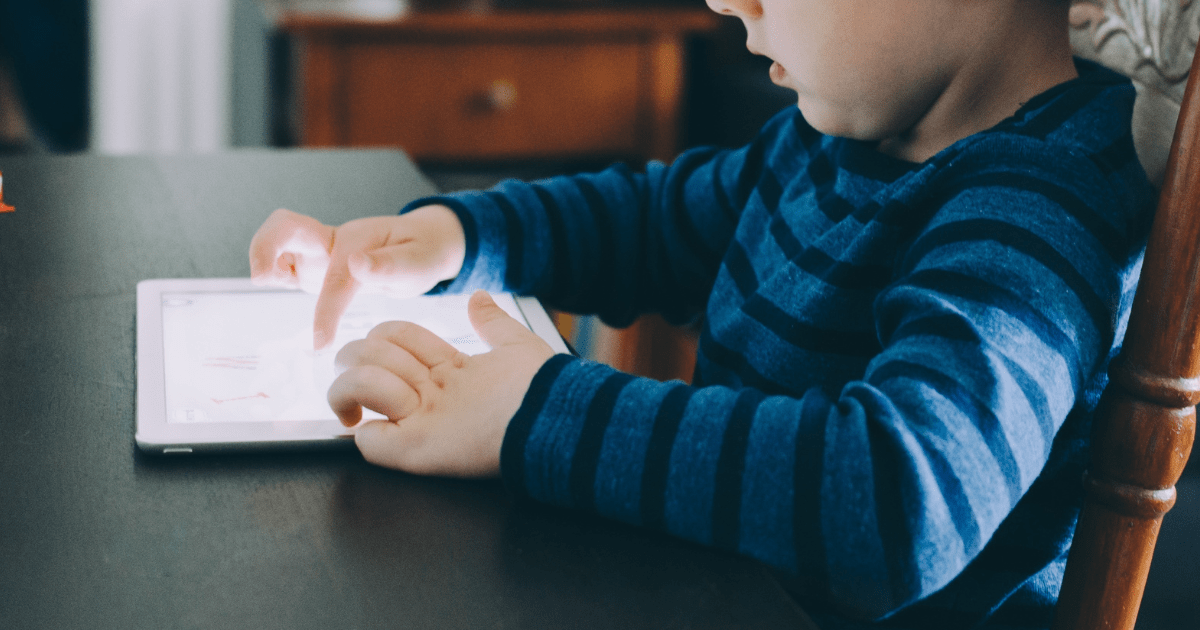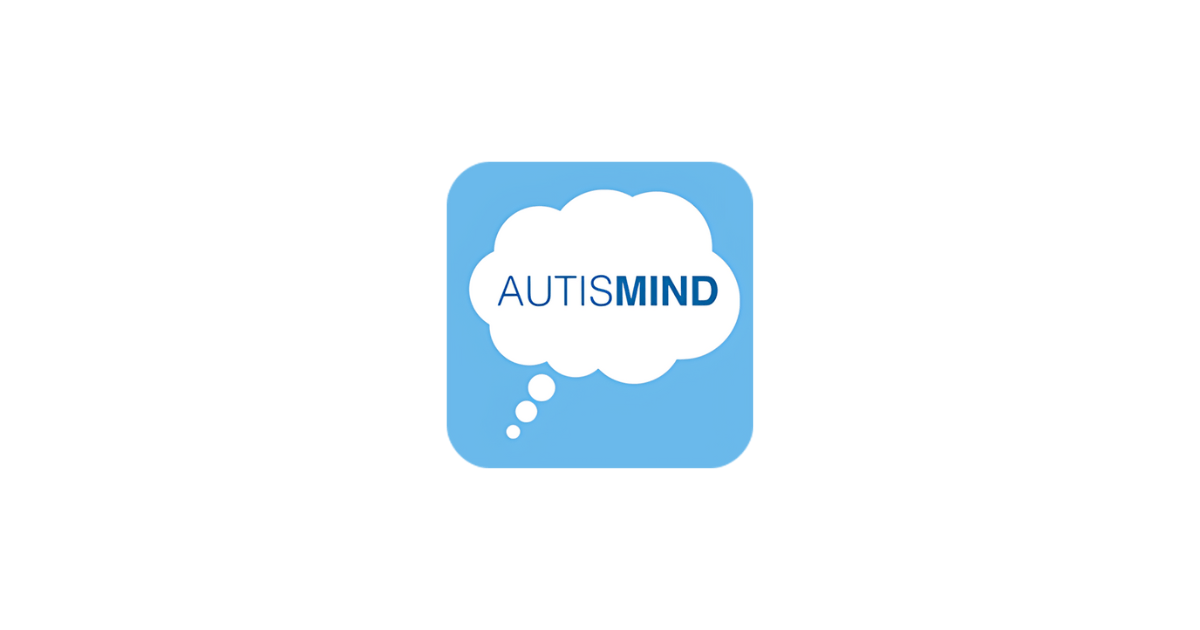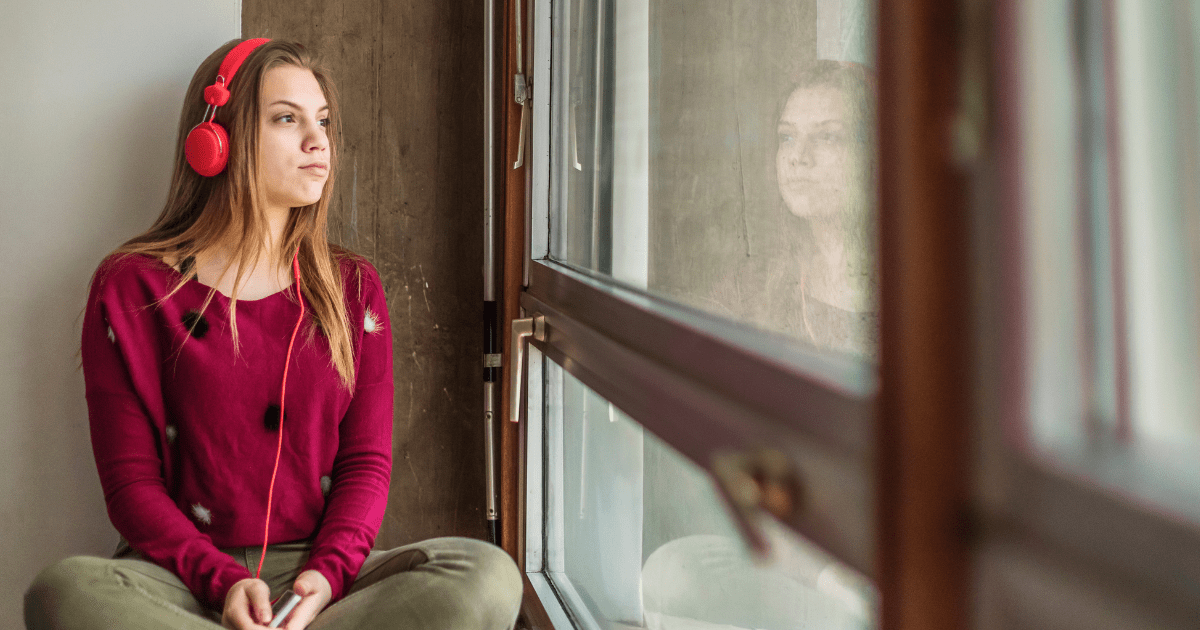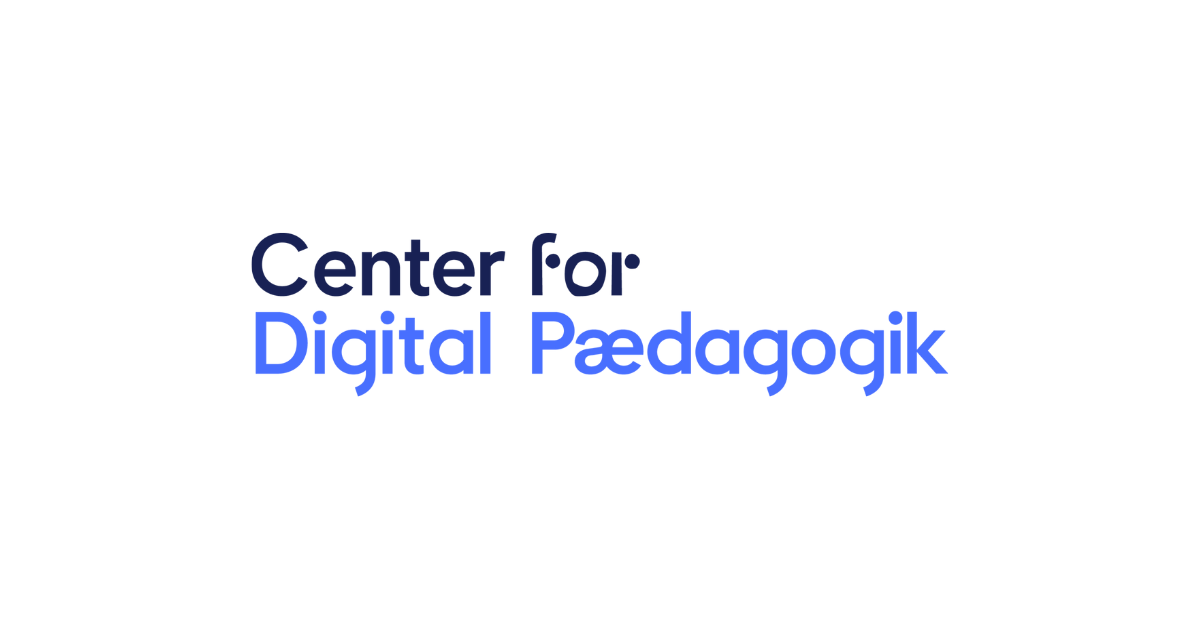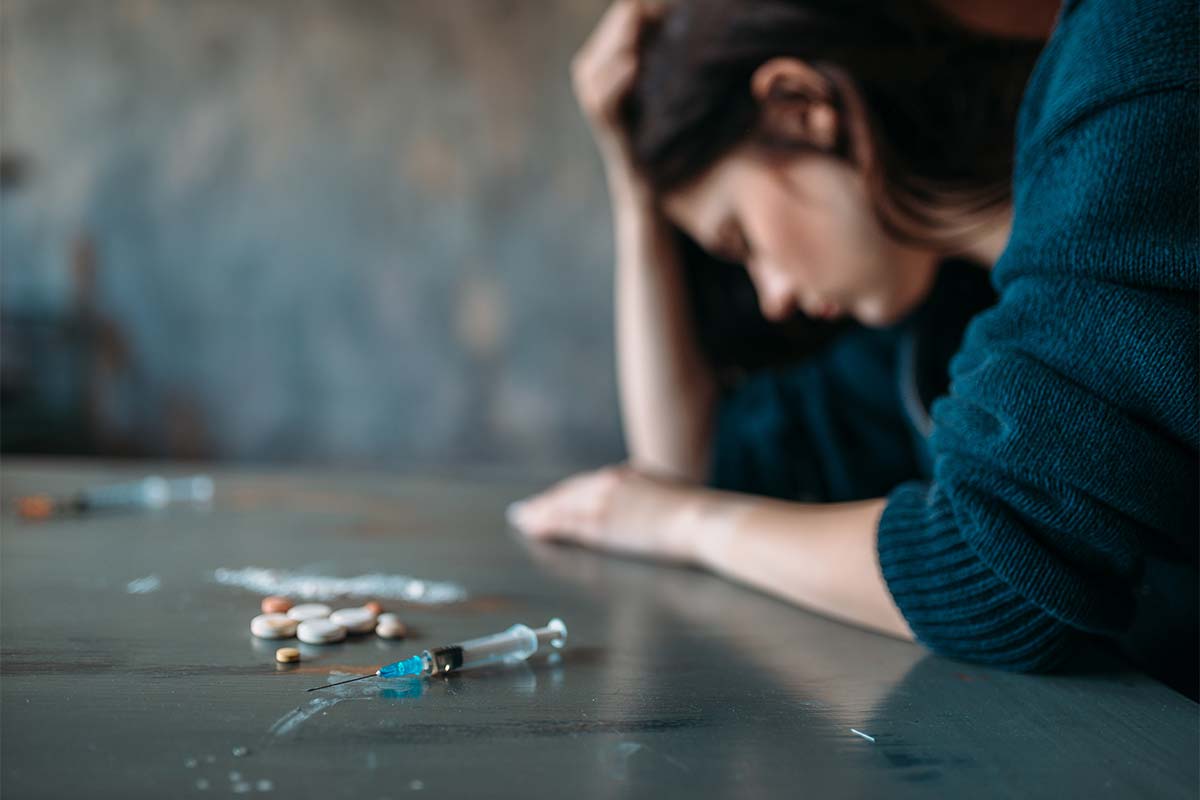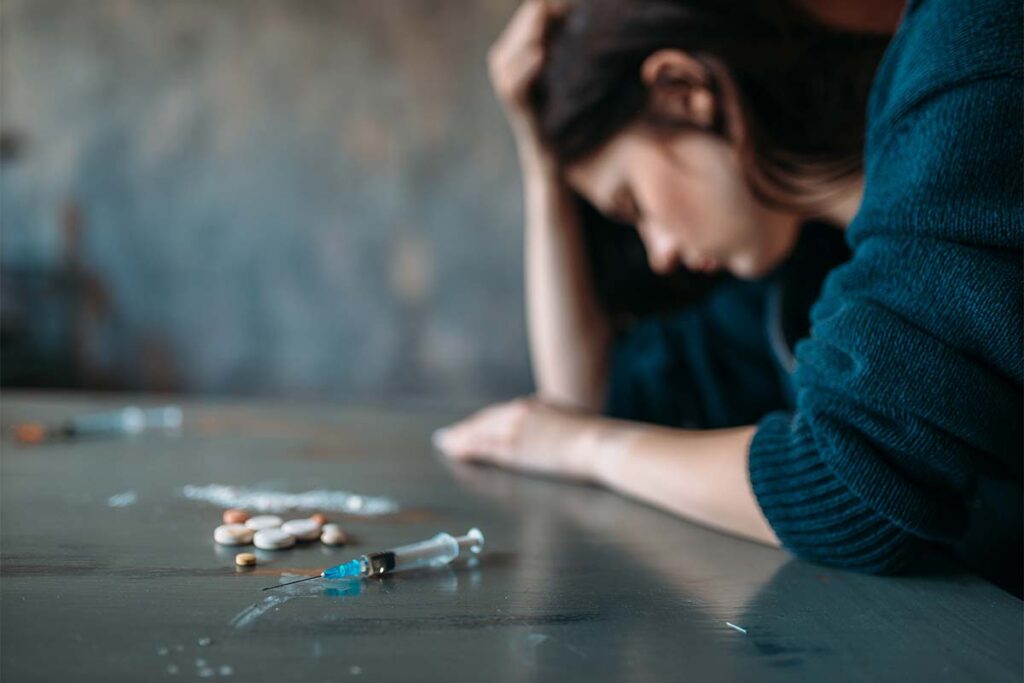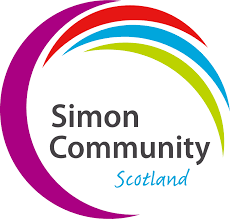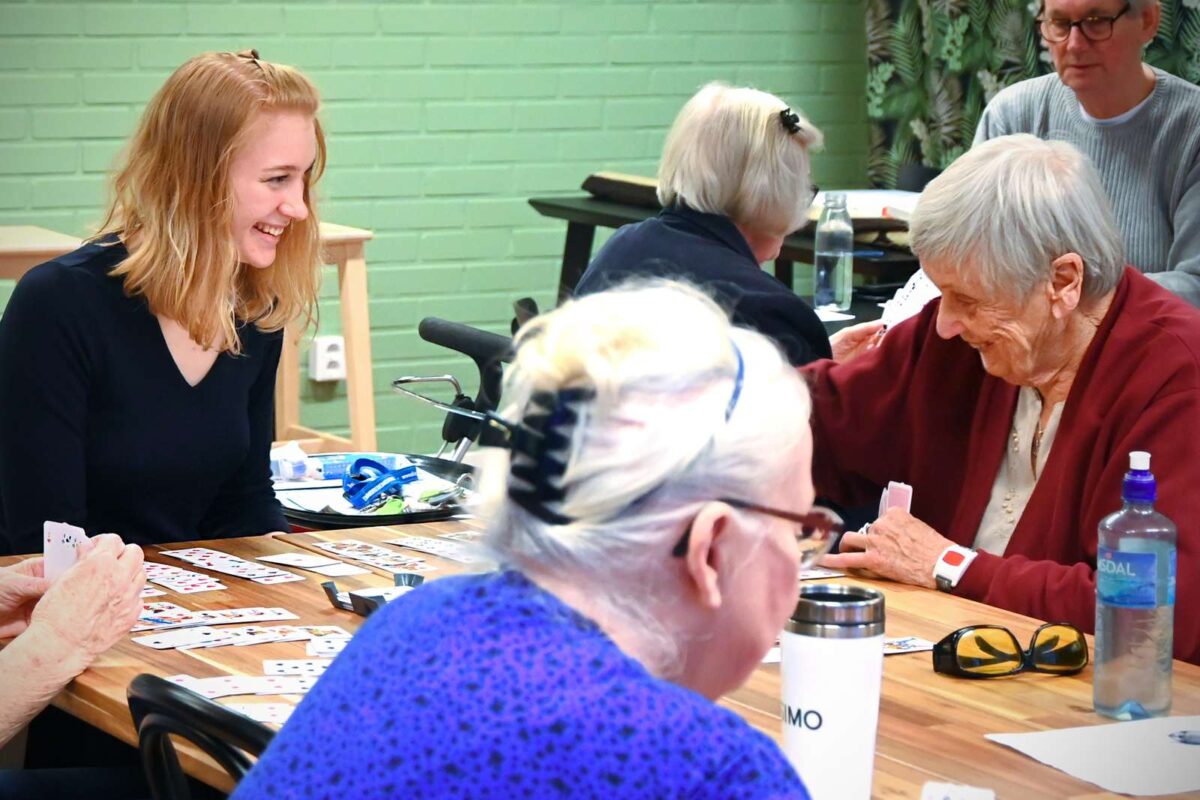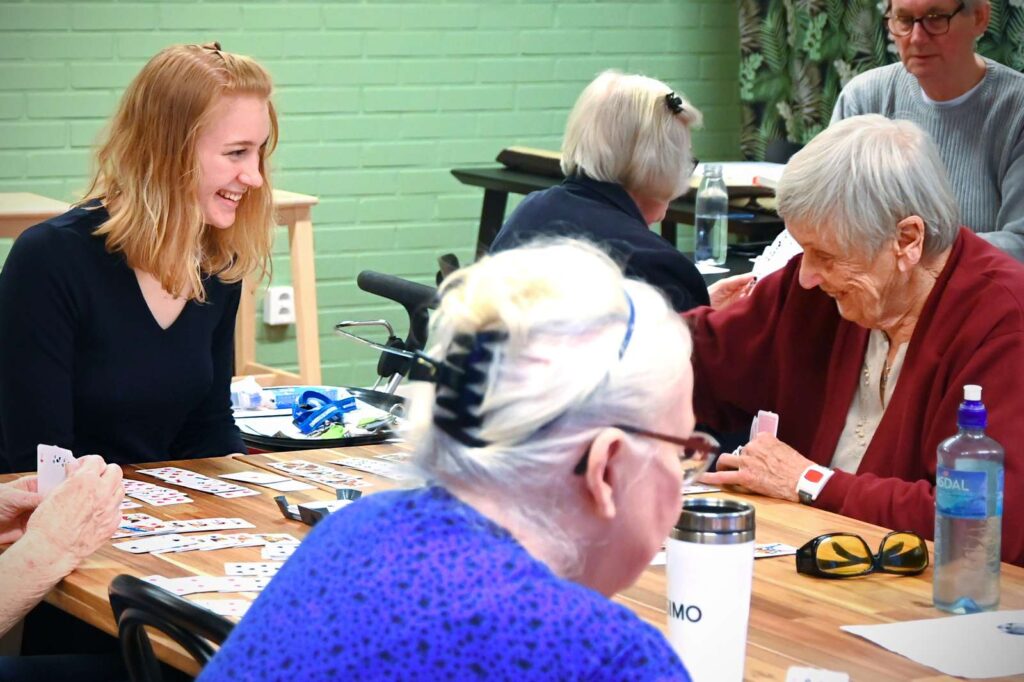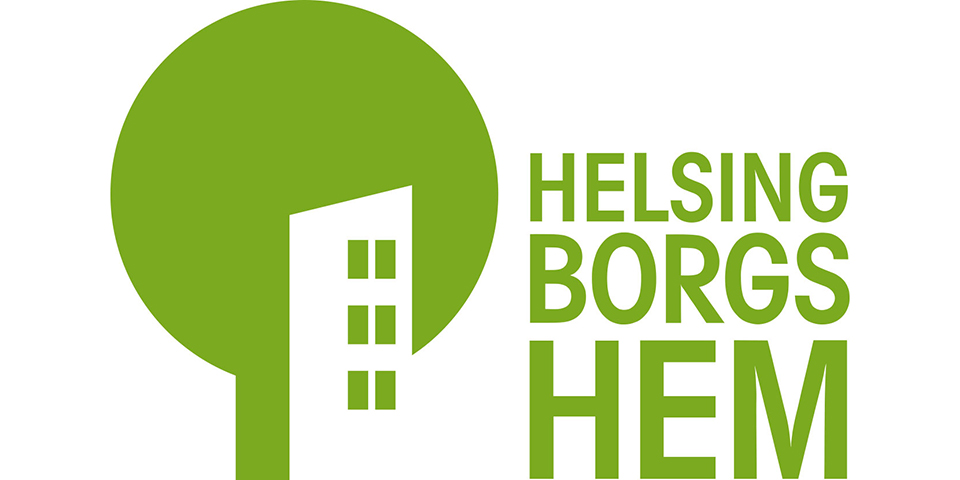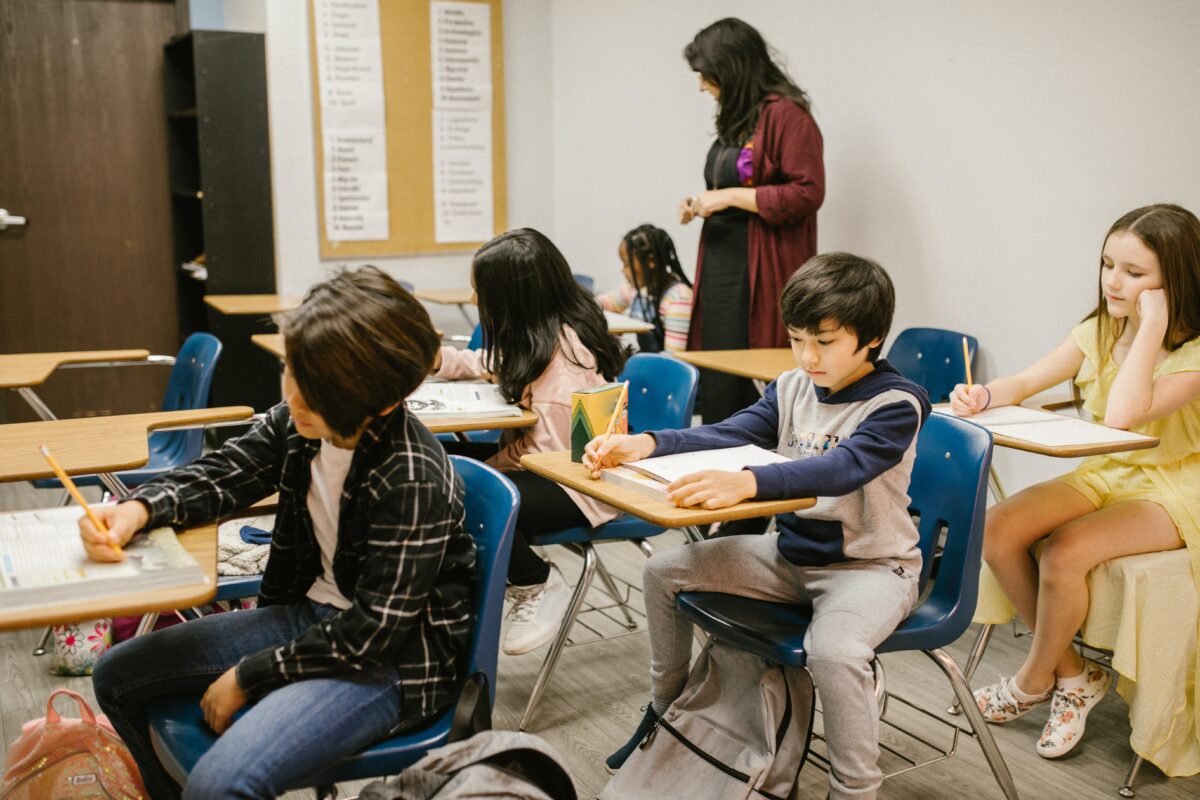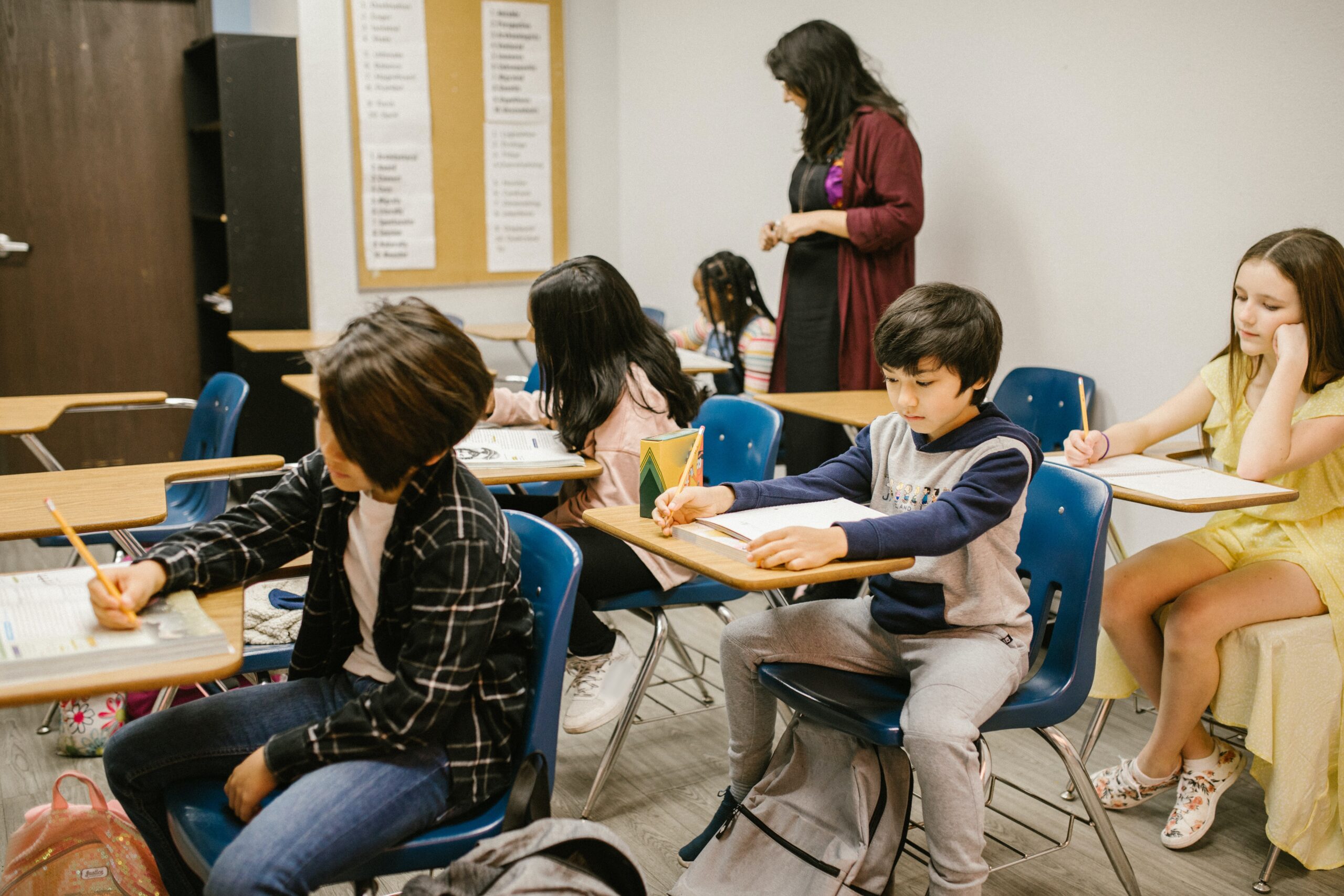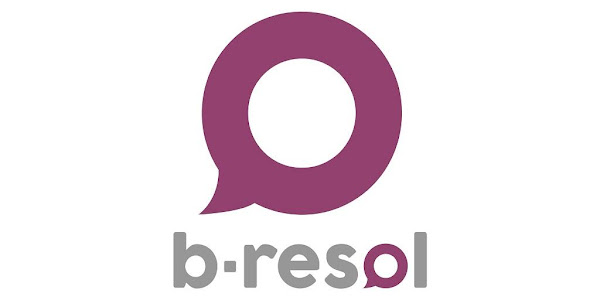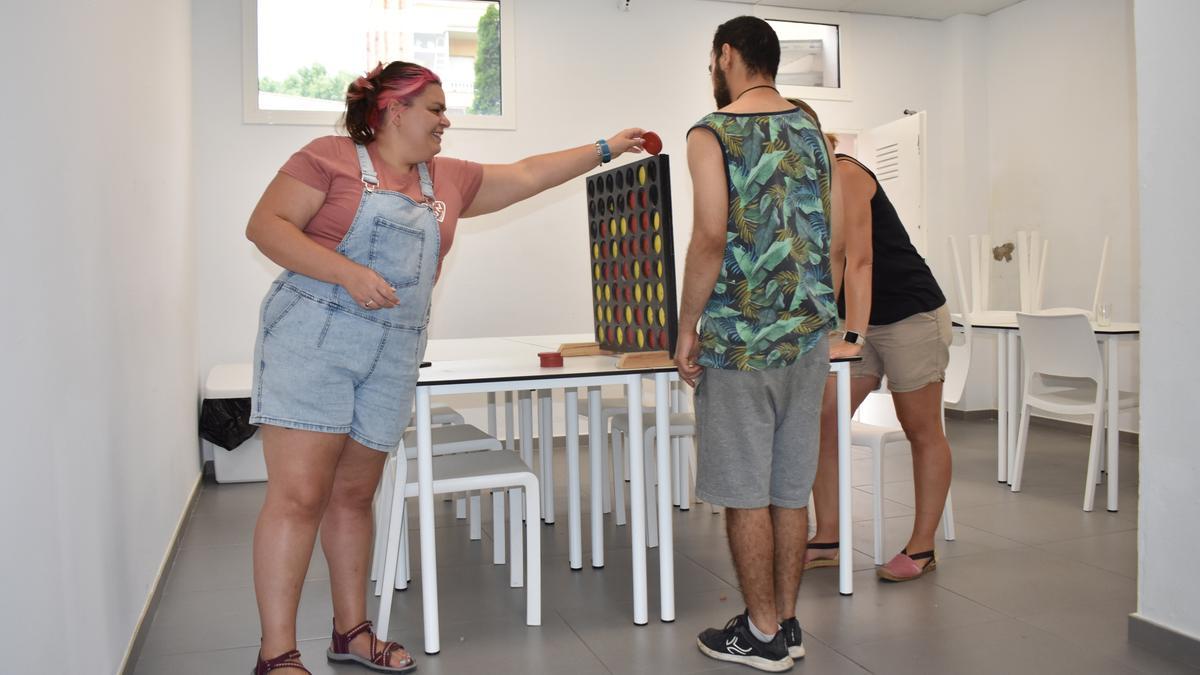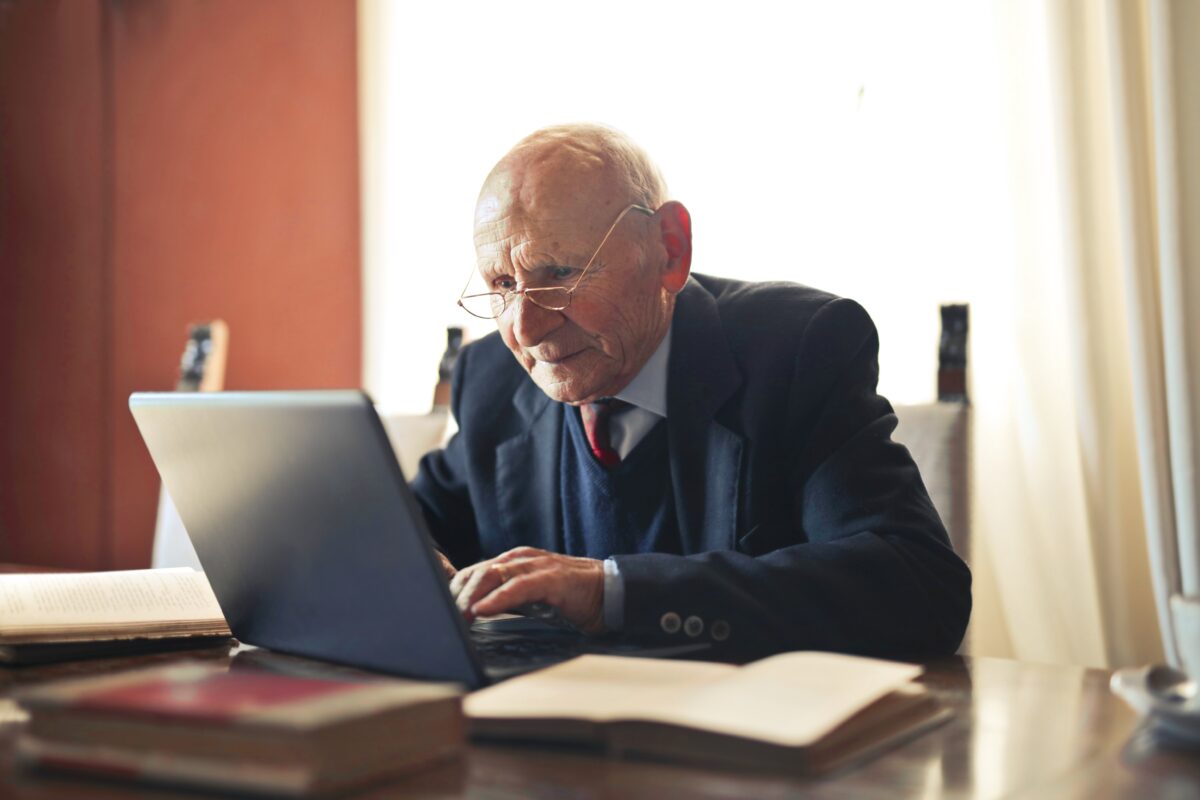Mentegram, therapeutic monitoring of patients in mental health treatment
Mentegram, therapeutic monitoring of patients in mental health treatment
Mentegram

Tool that allows evaluating and monitoring the daily behavior of individuals in therapeutic treatment
Mentegram is a platform that allows for daily monitoring of the state of patients in mental health consultations. The instruments and detection criteria can be customized according to the individual or, if preferred, pre-configured ones can be used. This way, therapists can adapt the treatment in each case more reliably.
This monitoring also allows for session optimization and time-saving, as professionals obtain a quick overview of how patients have been in the days leading up to the visit. The tool also enables the detection of risk situations to act preventively.
Additionally, the application offers the possibility of sharing educational materials, instructions, questionnaires, and reminders with users through their mobile devices. Furthermore, the platform collects information on patient evaluations, staff workload, and clinical effectiveness.
Characteristics of innovation
Localization
Australia
Partners / Funders
Hashcode and HealthTRx Global
Genesis
Mentegram was born in 2013 in response to the lack of platforms that brought together professionals and patients in the field of mental health. The platform offers the possibility of monitoring progress in therapeutic treatment, as well as motivating users in their process.
Level of implementation
As explained by the organization, professionals who have worked with Mentegram report that they have been able to reduce the time devoted to patient evaluation to focus on treatment, as well as improving their service. Moreover, they have observed greater commitment and motivation in patients during the therapeutic process.
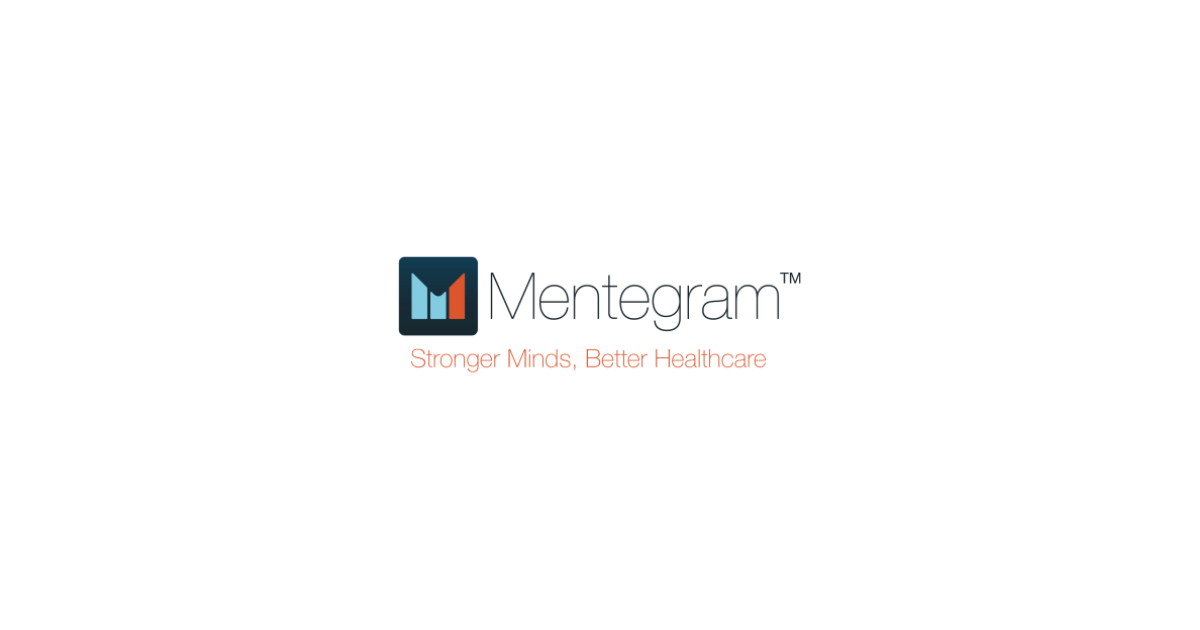
Banc d’innovacions

